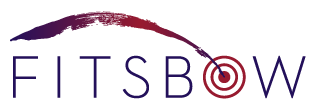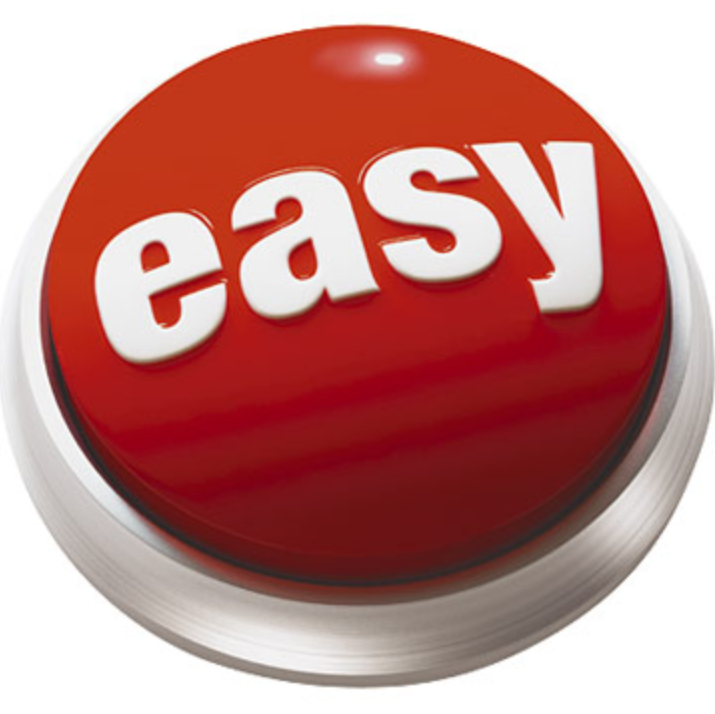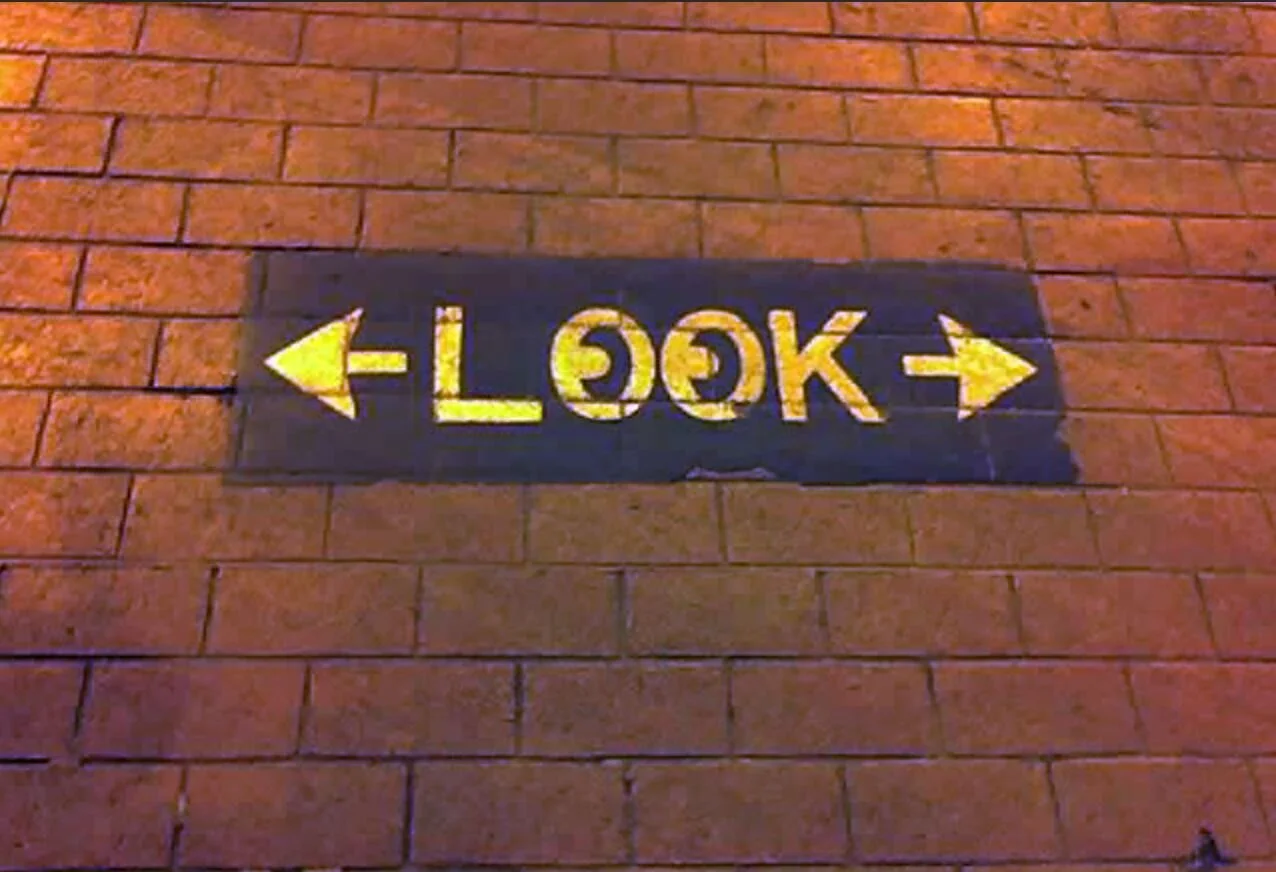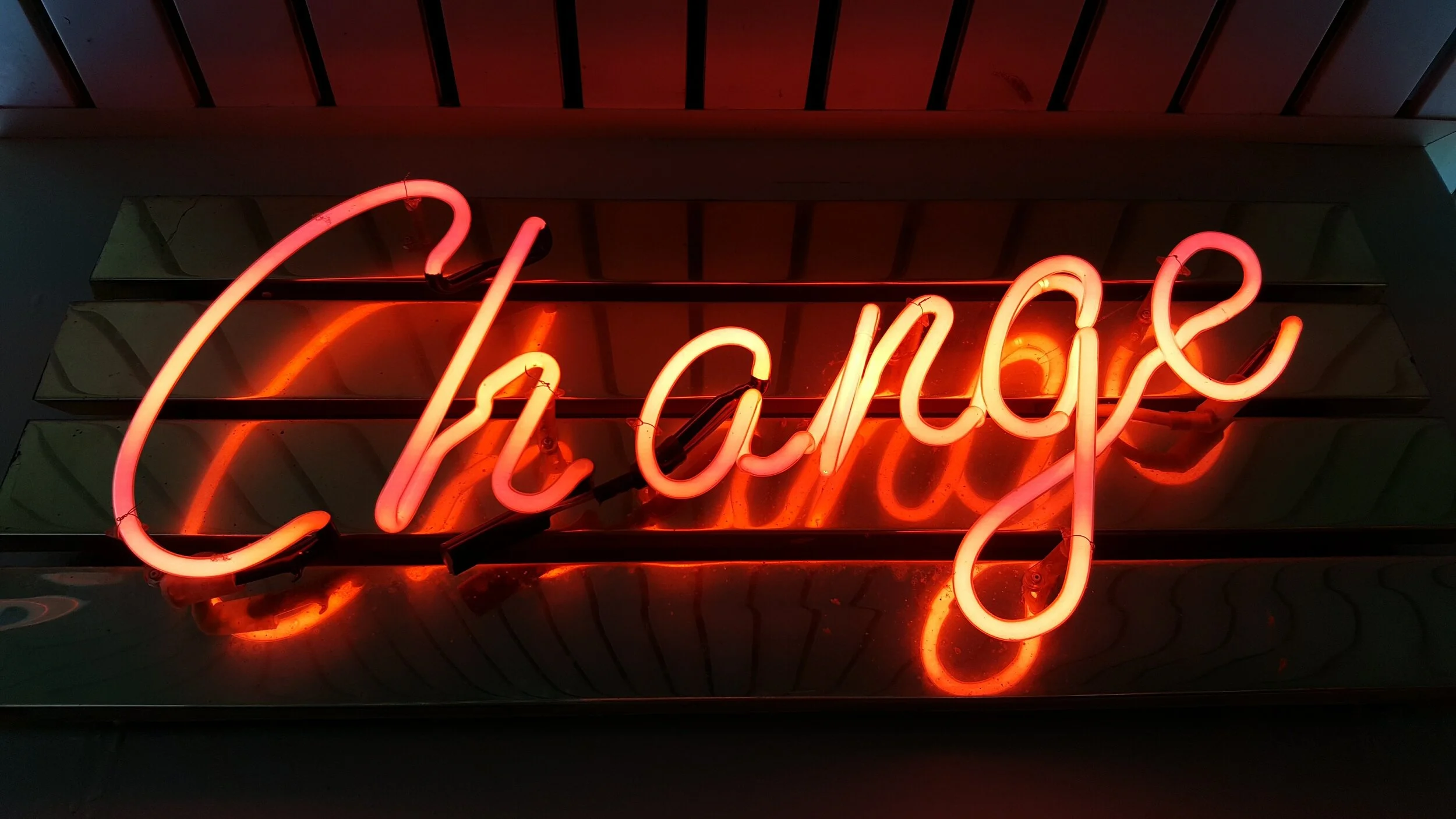Interview Preparation Phase Three--Prepare Answers
/To prepare well for interviews you need to know how you want to answer potential questions that will be part of the dialogue. Following is a list of potential questions with some suggestions about how you might answer each.
Classic Interview Questions
Tell me about yourself
- Keep it relatively brief and oriented toward the company or context
- What are the most important things I want this person to know about me? Career summary/target message as a conversation relating it to company & individual.
- Brief description of your depth and breadth of background/experience. Highlight your accomplishments & skills that relate to role.
- Key strengths/skills – RELEVANCE is most important key here!
What career accomplishments are you most proud of?
- Using the Problem, Action, Result (PAR) format be ready with 3 that highlight strengths that most closely relate to the role.
- Connect your outcomes to their need—map them to this role and loop back with a question to them about the needs/responsibilities of the job.
- Include metric and anecdote that will differentiate you. Appeal to the left brain with the data (numbers, dollars, and percentages), and the right brain with a memorable story.
What is the greatest strength that you will bring to this organization?
- Be prepared with your three favorites.
- Illustrate them with an accomplishment story that includes metric and connects to needs of the role.
- Be sure to engage in a dialogue asking what strengths the interviewer sees as most needed.
What is your weakness?
- Keep this brief.
- Only name one that does not relate directly to the role.
- Make sure what you name is honest and demonstrates self-awareness. Include what you have learned about yourself and how you manage your weakness.
Where do you see yourself in 3-5 years? Professionally?
What skills do you enjoy using the most? What about the least?
What adjectives would your references use to describe you?
Please walk me through a typical day at your current/previous job. Tell me about your boss and your relationship with them. (Caution--especially if your boss is your reference, make sure it rings true and of course in any response you want to keep it oriented positively).
Why have you decided to leave your current position?
Why are you interested in this job? What do you know about our company? You should have done your research beyond just their website and know what is in the news about them and your response to this question can again connect your background and value directly to their company.
Why should we hire you?
What is your salary expectation?
- First choice is to defer the question. This is less possible with external recruiters as this may be one of their first screening questions. Always honor the person asking in how your respond.
- Second is to give a range based on your research. You can check salary ranges just by googling and typically Glassdoor, Payscale, Indeed and sites like those will come up with good information.
- If pushed, give your history in the context of the role and check-in to see where that fits with their expectation.
- Reinforce that you are most interested in learning more about the company and the role.
Behavioral Interview Questions
The behavioral interview is looking for specific examples of how you handled situations – not general statements. These questions are related to the skills you need to perform the job and you want to be sure to include the result—preferably a positive one!
Include these points:
- A specific situation – tell the story, talk a little bit about it so they have a frame of reference
- What needed to be done and the actions you took
- The results—it is most important to include the metrics for your results that will be most meaningful to your listener. (PAR format)
- Finish with what you learned from that experience. Lessons Learned.
Other considerations:
- Think about your Problem/Action/Result (PAR) format.
- Ask yourself what skill the question addresses.
- Thing about your past experiences – most recent job, past jobs, leadership roles – for situations you can share.
- Use the job description/job post to identify the required skills
- Prepare your stories and connect them to the needs of the role.
Possible Behavioral Interview questions:
- Conflict Management – ‘describe a time when you had to deal with a difficult person’s problem. How did you resolve the situation?’
- Influencing/Conflict Management – ‘tell me about a situation when you had a differing opinion from others in a group and how you got your point across.’
- Emotions/Diffusing Anger – ‘give me an example of a situation where you dealt with an angry customer or client and describe how you resolved the situation.’
- Ethics and integrity – ‘give me an example of a situation where you observed or became aware of an employee or co-worker acting unethically. How did you handle the situation?’
- Team Decision Making – ‘describe a team or group you have been a part of and how you dealt with reaching decisions and/or creating plans for action.’
- Goal Oriented/Self Directed – ‘what goals did you set for yourself during the year and how did you achieve them?’
- Sizing up People/Situational leadership – ‘describe a situation in which you were able to read another person effectively and guide your actions by understanding his/her needs.’
- Prioritization – ‘tell me about a time when you had to juggle many different tasks at once and how you handled it.’
- Flexible, Adaptable – ‘describe a time when you had to switch gears quickly. What were the circumstances and how did you do it?’
- Time Management – ‘tell me about a time when you had many deadlines to meet in a short period of time. How did you prepare yourself and organize your time?’
- Organization skills – ‘tell me about a project you were responsible for that you had to organize start to finish. How did you approach this and complete it?’
- Conflict Management – ‘describe a situation where you had a misunderstanding with a co-worker or business associate and how you resolved it.’
- Teamwork – ‘When working with a group, do you tend to support or lead the team? Give an example of both experiences.
- Resourcefulness – ‘Tell me about a situation when you were given a complicated assignment with little or no information. How did you complete the assignment?’
- Managing Diversity – ‘Give me an example of a situation in a past work experience where you demonstrated sensitivity to individual differences.’
Situational Interview Questions
This allows the interviewer to understand your thinking, decision making, and problem solving processes. It can also help them see how fast you think on your feet.
- How do you go about building a relationship with a new customer or client?
- What type of communication would you choose to use to address a complaint from a peer or co-worker? Your manager? A more senior manager?
- If you had tight deadlines you were concerned about meeting, what would you do?
- When you have a lot of tasks on your plate at one time, how do you go about deciding what tasks to do and when to do them?
- Tell about a time when you didn’t achieve what you wanted (get the promotion, accomplish the desired project results, etc.) and how you handled it.
- Tell about a time when you improved a process or project.
- What is your favorite work accomplishment?
Misc.
Always also be prepared to answer the “random” questions about your favorite color or “if you were a car, what model would you be?” –without judgment and aligned with your style.








